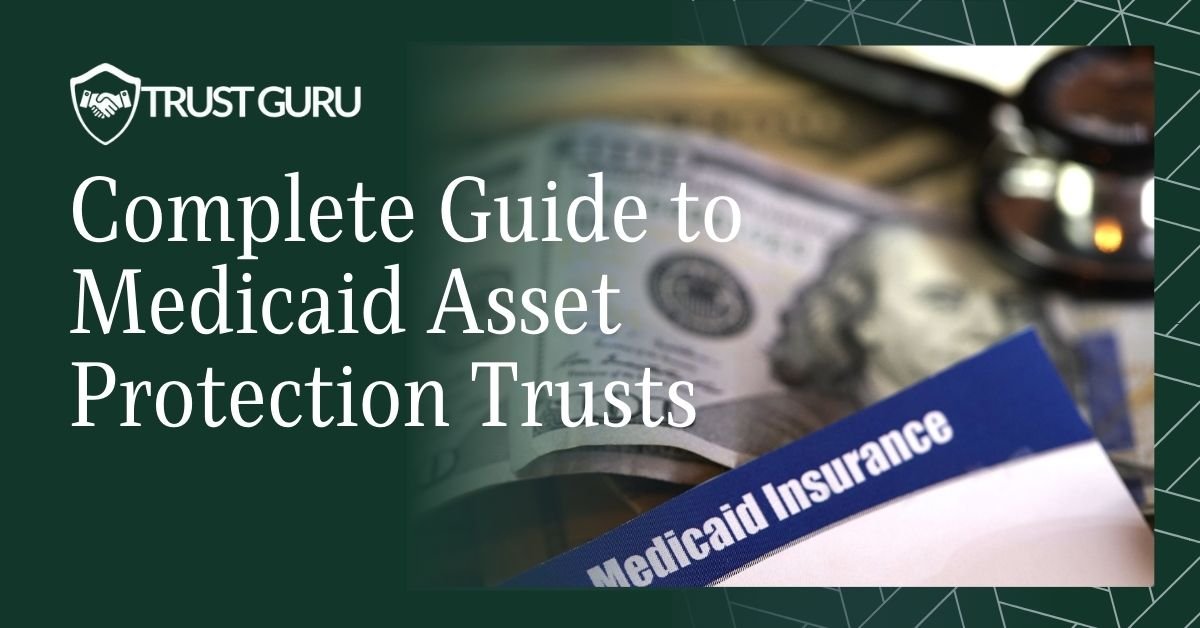Navigating the world of estate planning can be complex, especially when it comes to creating a living trust to protect your assets and ensure your loved ones are taken care of. Unfortunately, scammers prey on individuals who lack expertise in this area, using deceptive tactics to exploit their vulnerabilities.
In this article, we’ll explore common living trust scams, provide actionable tips to protect yourself, and help you make informed decisions when seeking legal advice.
Preview of What You’ll Learn:
- Misleading Sales Tactics by Fraudulent Advisors
- False Promises of Probate Avoidance
- Overpriced and Inadequate Services
- Identity Theft from Shared Personal Information
- Unlicensed or Unqualified Legal Advisors
- Unauthorized Changes to Trust Documents
- Confusion About Legal Protections and Processes
By understanding these issues and how to avoid them, you can confidently secure your assets and protect your legacy.

Misleading Sales Tactics by Fraudulent Advisors
One of the most common schemes involves scammers posing as legal or financial advisors. They use high-pressure sales tactics to convince individuals to purchase unnecessary or overpriced living trust services.
Red Flags to Watch For:
- Offers that seem “too good to be true,” such as guaranteed results or excessive discounts.
- Pressure to sign documents immediately without adequate explanation.
- Claims that only their service can protect your estate from costly legal processes.
How to Protect Yourself:
- Research the advisor’s credentials and verify their licensing with your state’s regulatory board.
- Seek referrals from trusted sources, such as family or professional networks.
- Never feel obligated to make a decision on the spot—take the time to consult with a qualified estate planning attorney.
The FTC provides insights into the potential pitfalls of living trust offers, highlighting common scams and offering guidance on how to protect oneself.
For more tailored services, explore our Living Trust Creation Services to ensure your trust is set up properly.

False Promises of Probate Avoidance
Scammers often claim that a living trust will completely eliminate the need for probate. While living trusts can simplify estate management and reduce probate costs, they don’t entirely avoid it in all cases.
What You Need to Know:
- Assets outside the trust may still require probate.
- State laws vary, so a one-size-fits-all promise is misleading.
- Scammers may use this false promise to justify high fees.
How to Protect Yourself:
- Consult with a qualified attorney who can explain how probate laws work in your state.
- Ensure your living trust is customized to your specific financial situation and goals.
- Be wary of generic templates or “one-size-fits-all” trust packages.
Consider our Trust Amendment and Restatement Services to update or refine your living trust and address any gaps.

Overpriced and Inadequate Services
Some scammers charge exorbitant fees for living trust services that deliver little value or fail to address your unique needs. This often involves providing generic or incomplete trust documents.
Signs of Overpriced Services:
- Lack of personalization in the trust documents.
- High upfront fees with no explanation of services provided.
- Promises that their documents are “better” without proof of quality.
How to Protect Yourself:
- Request a detailed breakdown of fees and services before agreeing to anything.
- Compare costs with other reputable providers.
- Work with a trusted company like Trust Guru, known for its responsive service and focus on safeguarding clients’ assets.
K&T warns seniors about living trust scams, detailing common tactics used by fraudsters and providing tips to avoid falling victim.
If you need professional support, our Specialized Trust Services offer customizable solutions for your unique needs.

Identity Theft from Shared Personal Information
Scammers often request sensitive personal and financial information under the guise of creating a living trust, then use it for identity theft or fraud.
Protect Yourself by:
- Avoiding unsolicited offers for estate planning services, especially via phone or email.
- Never sharing sensitive information without verifying the provider’s legitimacy.
- Storing trust-related documents securely and limiting access to trusted individuals.
Learn how our Digital Trust Services can help secure your trust documentation against unauthorized access.

Unlicensed or Unqualified Legal Advisors
Many living trust scams involve unlicensed or unqualified individuals posing as legal professionals. These scammers often lack the knowledge or credentials to create legally binding documents.
How to Spot Unqualified Advisors:
- They are unable or unwilling to provide proof of licensing.
- They offer vague or incorrect information about trust laws.
- Their services are advertised as significantly cheaper than reputable providers.
Steps to Avoid Scams:
- Verify the professional’s credentials with state licensing boards.
- Check online reviews and ratings for the service provider.
- Stick to established companies like Trust Guru, which has a reputation for quality service and trustworthiness.
The Simply Law Jobs offers a comprehensive guide to finding and working with qualified legal professionals, ensuring consumers receive legitimate assistance.
To ensure you’re working with qualified professionals, visit our Trustee Services page.

Unauthorized Changes to Trust Documents
Scammers may manipulate or alter living trust documents without the owner’s knowledge, often inserting provisions that benefit themselves or give them control over assets.
Warning Signs:
- Requests for frequent revisions without clear reasons.
- Vague explanations about document changes.
- Difficulty obtaining copies of finalized documents.
How to Safeguard Your Trust:
- Keep personal copies of all trust-related documents.
- Regularly review your trust with a licensed attorney to ensure accuracy.
- Limit access to your trust documents to trusted individuals or professionals.
Our Asset Titling and Funding Services ensure your assets are correctly included in your trust, avoiding manipulation or errors.

Confusion About Legal Protections and Processes
Scammers often exploit the lack of public understanding about living trusts, probate laws, and estate planning requirements to deceive individuals.
Common Tactics:
- Misrepresenting state-specific legal requirements.
- Claiming that a living trust is a universal solution for all estate planning needs.
- Using legal jargon to intimidate or confuse potential victims.
How to Stay Informed:
- Educate yourself about living trusts and probate laws in your state.
- Consult with a knowledgeable professional to clarify any doubts.
- Trust companies like Trust Guru to guide you through the process with transparent, client-focused advice.
For a detailed approach to safeguarding your assets, check out our Periodic Asset Protection Reviews to stay ahead of any vulnerabilities.
Final Thoughts: Protecting Yourself from Living Trust Scams
Living trust scams can cause financial losses and unnecessary stress, but you can protect yourself by staying informed and vigilant. Always work with licensed professionals, ask questions, and take the time to verify credentials.
At Trust Guru, we are committed to providing fast, reliable service to safeguard your assets and help you navigate estate planning with confidence.If you’re considering creating or updating your living trust, contact us today for trusted guidance and assistance. Don’t let living trust scams jeopardize your peace of mind—let us help secure your future.











